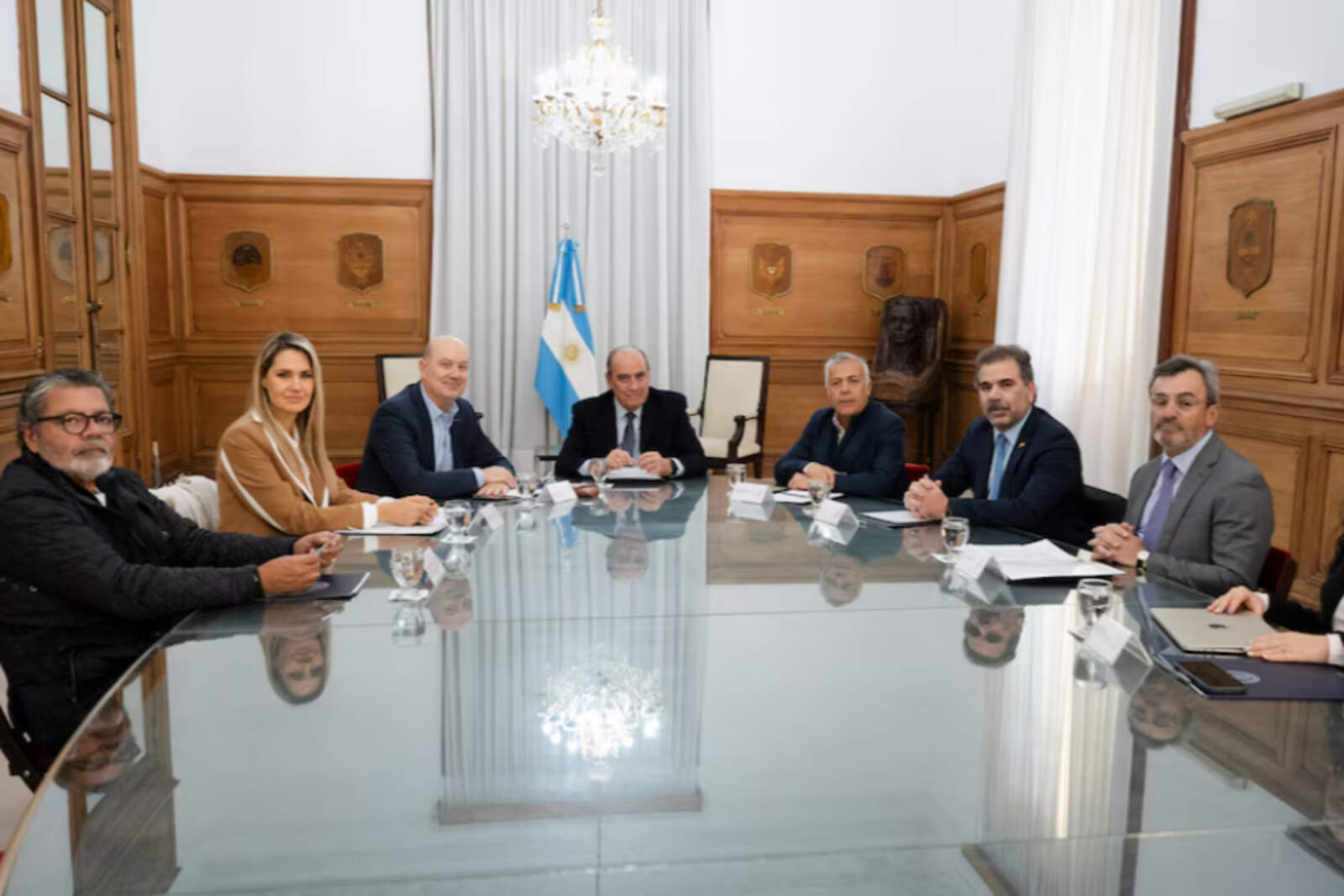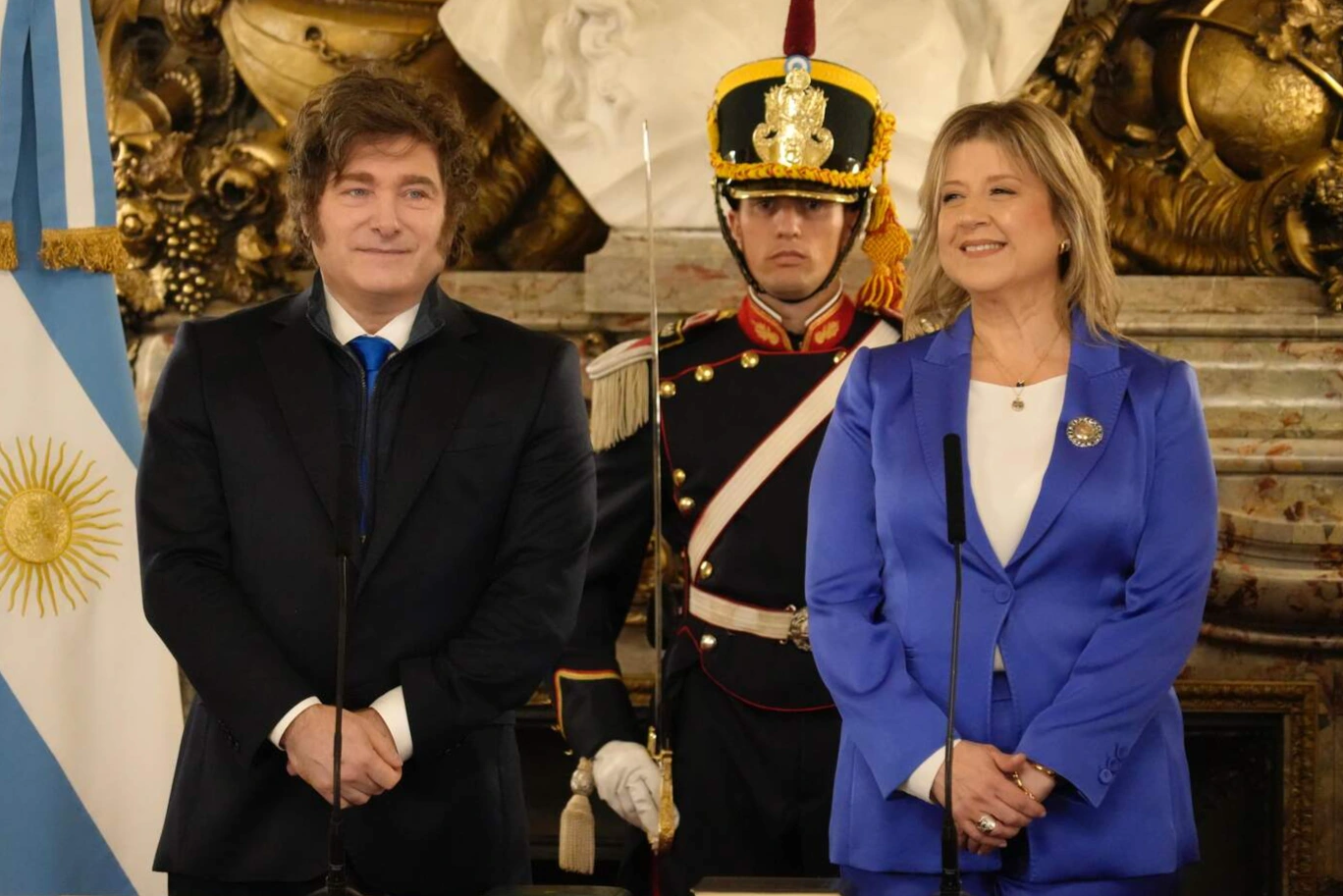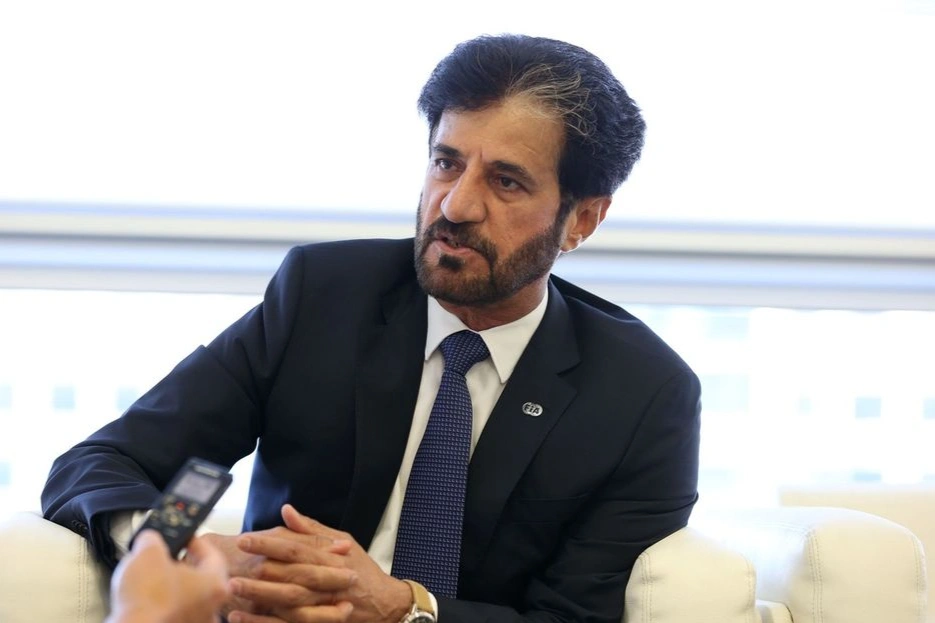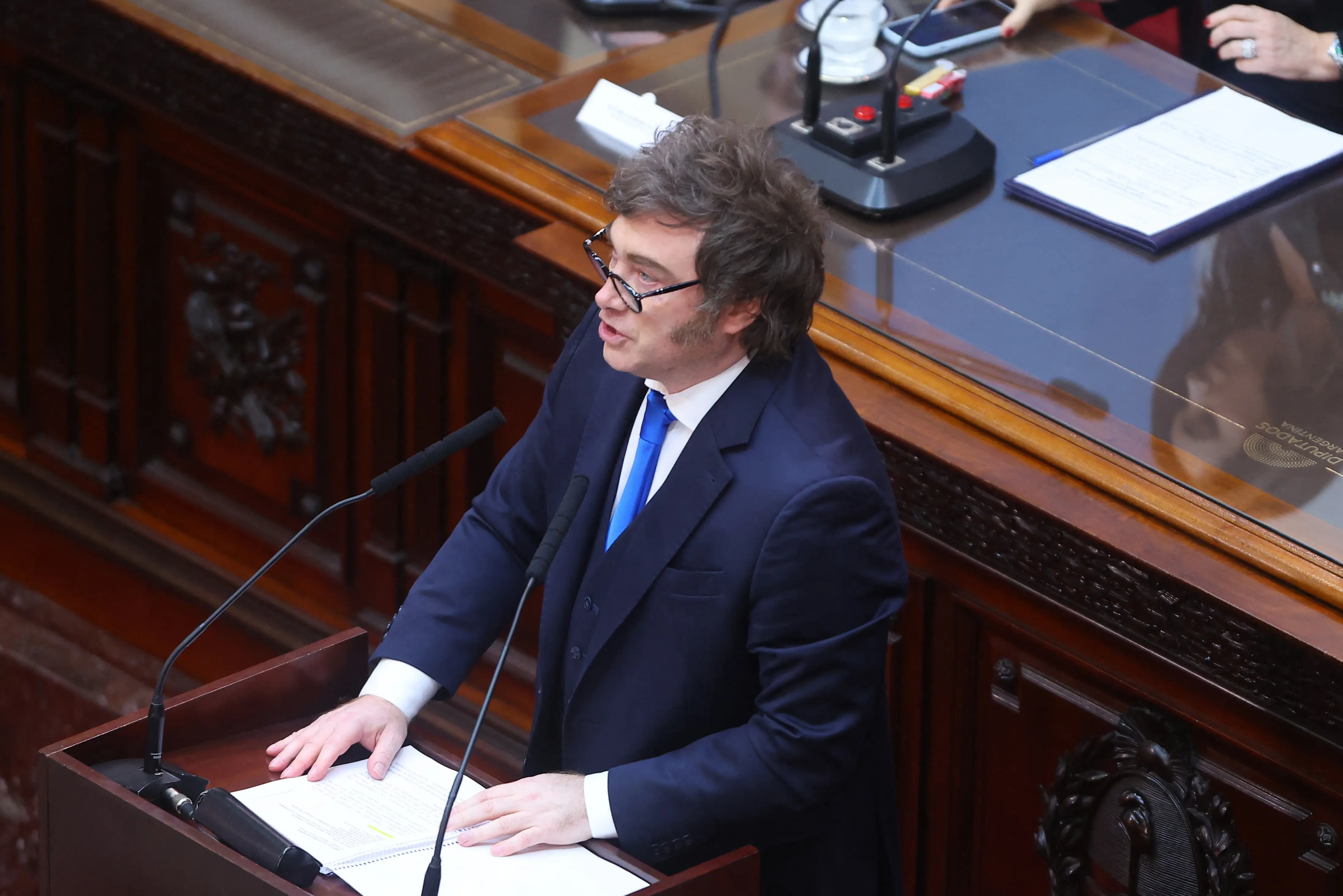With the presence of national officials, legislators, business leaders, and union representatives, the Government inaugurated the Council of May this Tuesday, a multisectoral forum aimed at debating and reaching consensus on structural reforms that Javier Milei seeks to implement during the second stage of his term. The meeting, led by Chief of Cabinet Guillermo Francos, took place at the Casa Rosada and was an inaugural event.
The Council was announced by Milei over a year ago, as part of the so-called May Pact, signed by 19 governors and based on 10 guiding principles such as tax, labor, and pension reform, fiscal balance, and trade liberalization. The initiative aims for a final document to be presented by December of this year, serving as a foundation for new structural laws.
A dialogue body with aligned stakeholders
The body was composed of six representatives: Federico Sturzenegger (Executive), Alfredo Cornejo (signatory provinces), Carolina Losada (Senate), Cristian Ritondo (Chamber of Deputies), Gerardo Martínez (CGT-UOCRA), and Martín Rappallini (UIA). All were appointed by decree and have a good relationship with the Government, which suggests a more agile dynamic than in Congress.
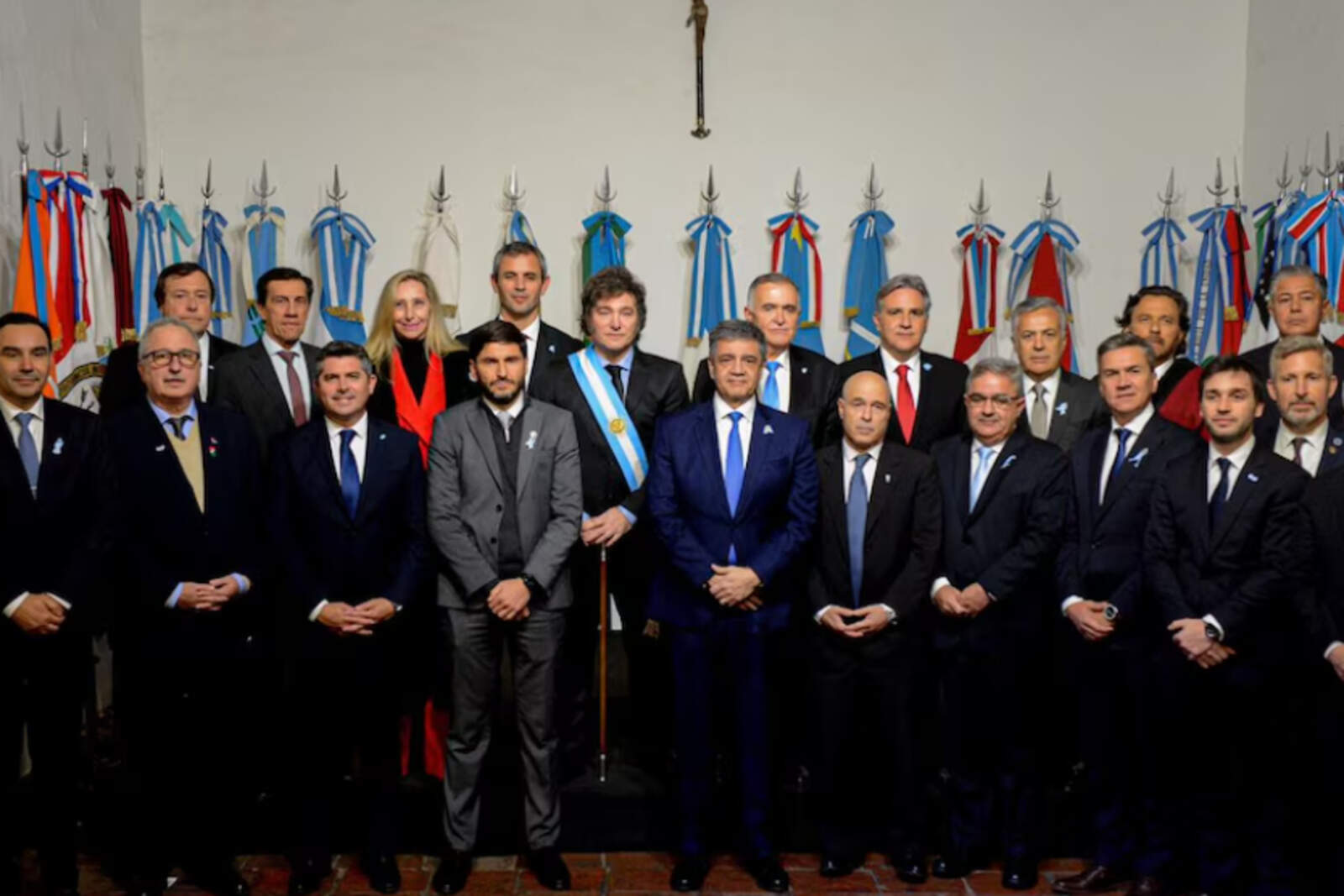
The meeting lasted an hour and a half and concluded with the expectation of resuming on July 20, when each member will bring proposals and priorities. "There is a willingness to engage in dialogue and a commitment to work toward reaching consensus from now until December," Sturzenegger said.

